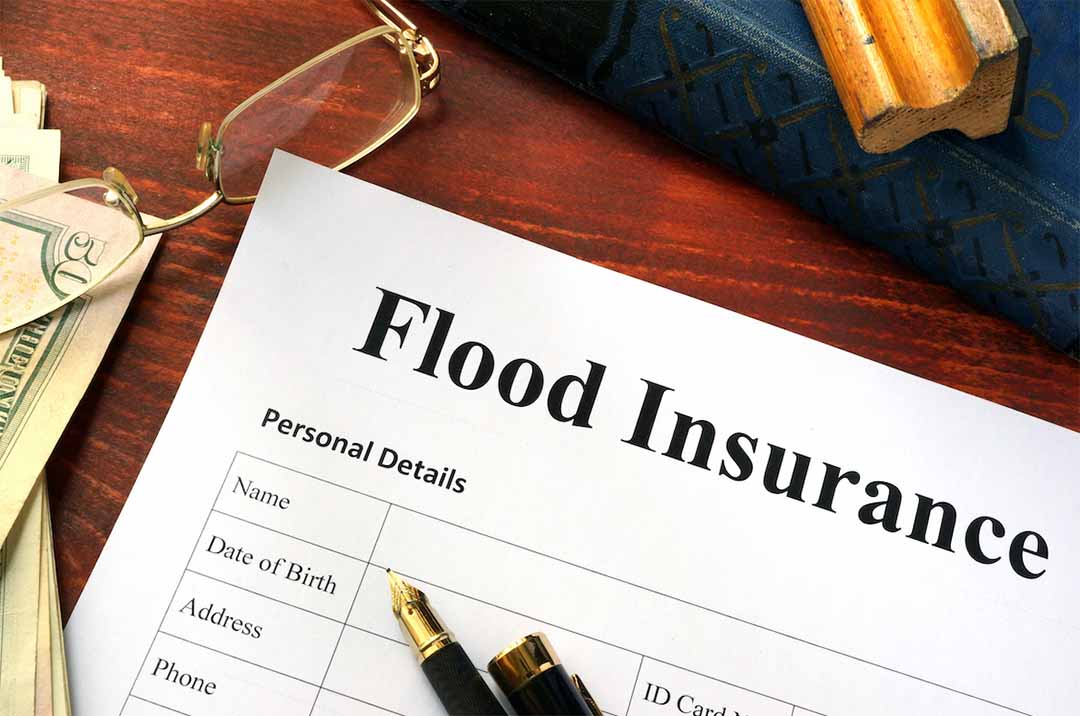Discover Your Passport to Unlimited Webinars, Courses, and Discounted Certificates!

Wire Transfer Bootcamp: Fundamentals, Fedwire/CHIPS/SWIFT, and Wire Transfer Risk (3 Parts)
May 13, 2024 – May 15, 2024 @ 2:00 pm – 3:00 pm – This three-part Wespay webinar series will provide attendees with an overview of the wire payments network. How wires are settled, information to be transmitted, parties and transaction flow including an overview of Fedwire, CHIPS and SWIFT. We also discuss the basic concepts of wire transfer risk.







